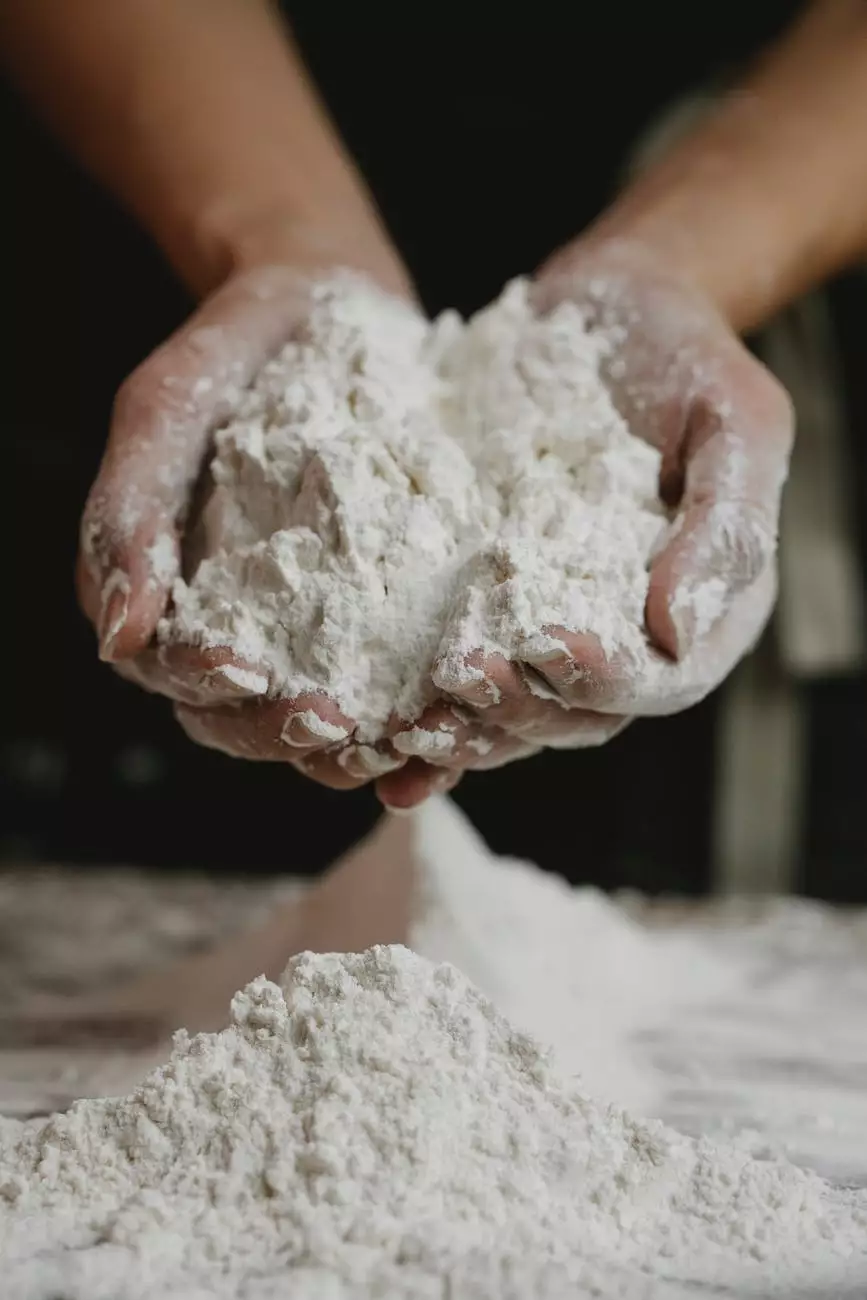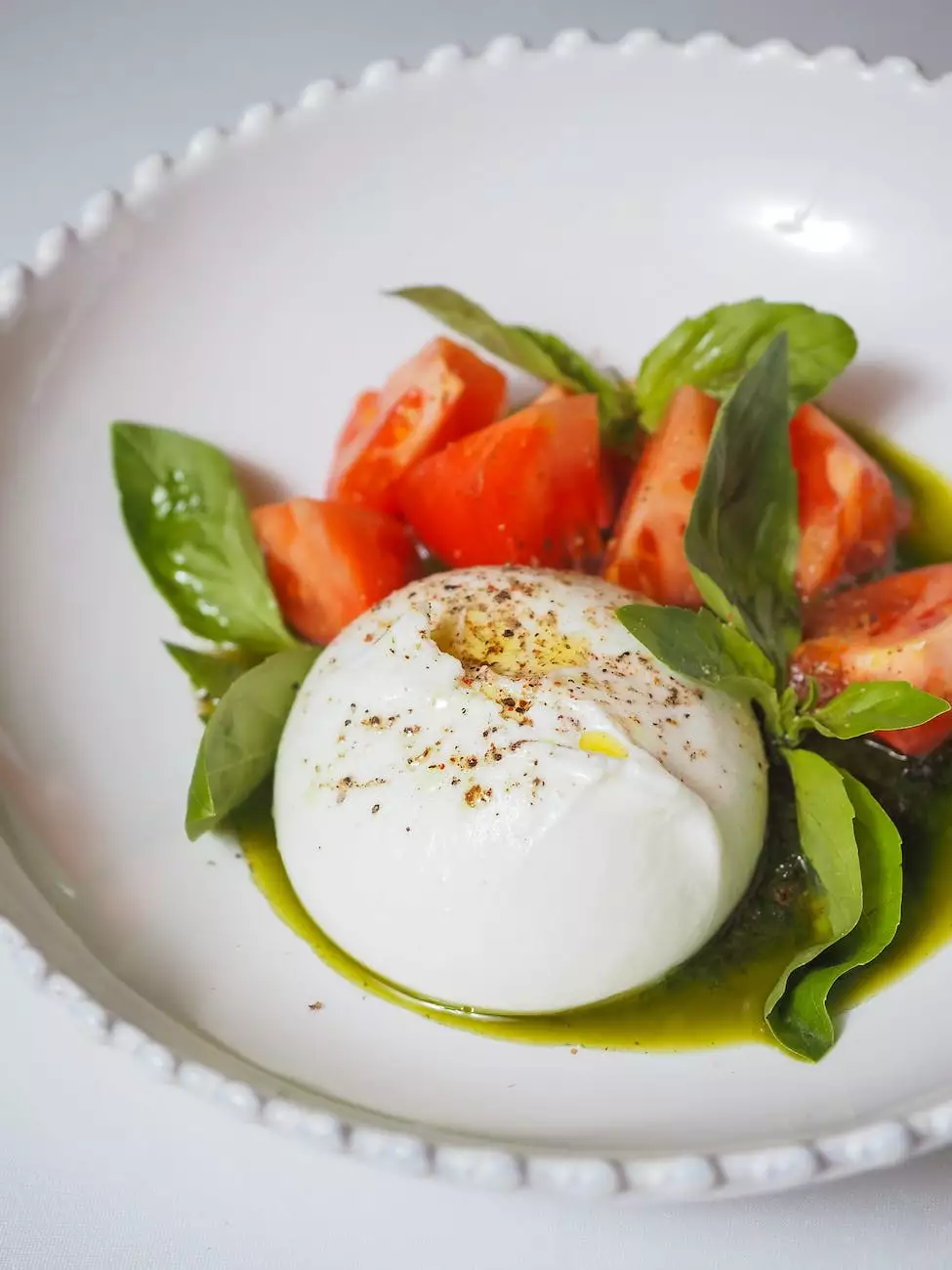What Influences Olive Oil Grades
Blog
Welcome to Orazio's Gourmet Olive Oils, your go-to source for the highest quality olive oils. If you're curious about how olive oil grades are determined and what factors influence them, you've come to the right place. In this comprehensive guide, we'll delve into the chemical composition of olive oil, explore the different grades available, and help you understand how to choose the best olive oil for your needs.
Understanding Olive Oil Grades
Before we dive into the factors that influence olive oil grades, it's essential to familiarize ourselves with how these grades are defined. Olive oil is classified into several categories based on its quality and production process. The primary grades include:
- Extra Virgin Olive Oil (EVOO): This is the highest grade of olive oil, extracted using only mechanical means and without any chemical processing. It presents the finest quality and carries exceptional flavor and aroma.
- Virgin Olive Oil: This grade is also made from the first pressing of the olives. While it exhibits good quality, its flavor and aroma may be slightly less intense compared to extra virgin olive oil.
- Refined Olive Oil: Produced by refining virgin olive oil that may have defects, this grade undergoes a process to remove impurities and improve its flavor and shelf life.
- Olive Pomace Oil: Extracted using solvents from the residue left after pressing the olives, this grade is more suitable for cooking purposes rather than direct consumption.
- Lampante Olive Oil: This category represents the lowest grade of olive oil. Lampante oil is not fit for consumption due to its low quality, high acidity, and unpleasant taste.
The Chemical Composition of Olive Oil
To truly understand what influences olive oil grades, we must first grasp the chemical composition of this golden elixir. Olive oil mainly consists of:
- Fatty Acids: Olive oil contains various fatty acids such as oleic acid, linoleic acid, and palmitic acid. These fatty acids contribute to the taste, health benefits, and stability of the oil.
- Phenolic Compounds: These natural antioxidants give olive oil its distinctive flavor, provide health benefits, and help protect the oil against oxidation.
- Minor Constituents: Olive oil also contains minor components like squalene, tocopherols (vitamin E), and pigments, which contribute to the overall nutritional value and sensory characteristics.
Factors Influencing Olive Oil Grades
Now, let's explore the key factors that influence olive oil grades:
1. Harvesting and Processing Methods
The quality of olive oil starts with the harvesting and processing methods. Hand-picking olives at the proper stage of ripeness and promptly extracting the oil using mechanical means yield higher-quality grades like extra virgin olive oil.
2. Olive Variety and Maturation
The olive variety and its maturation stage significantly impact the oil's flavor and quality. Each variety has distinct characteristics, and the level of ripeness at the time of harvest affects the oil's chemical composition, acidity, and taste.
3. Storage and Packaging
The way olive oil is stored and packaged also plays a role in its overall quality. Exposure to light, heat, and air can lead to oxidation and deterioration of the oil. High-quality olive oils are often stored in dark glass bottles to protect them from light and come with airtight seals to maintain freshness.
4. Acidity Level
Acidity level, expressed as a percentage of free fatty acids in the oil, is an essential parameter in determining olive oil grades. Extra virgin olive oil must have an acidity level below 0.8%.
5. Sensory Evaluation
Sensory evaluation by trained experts, known as olive oil tasting or organoleptic assessment, plays a crucial role in determining extra virgin olive oil quality. Experts analyze the oil's aroma, taste, bitterness, and other sensory attributes to assess its grade.
Choosing the Right Olive Oil
Now that you know what influences olive oil grades, let's talk about choosing the right olive oil for your specific needs. Here are a few tips to help you make an informed decision:
- Consider the purpose: Determine whether you need olive oil for cooking, dressings, or finishing dishes. Each grade has different characteristics suitable for various culinary applications.
- Read labels: Look for clear labeling indicating the olive oil's grade, origin, and any relevant certifications. Reliable brands, like Orazio's Gourmet Olive Oils, ensure transparency and provide high-quality products.
- Favor extra virgin olive oil: Whenever possible, choose extra virgin olive oil for its superior flavor, aroma, and health benefits.
- Store properly: Once you purchase olive oil, store it in a cool, dark place away from direct sunlight and heat sources to maintain its quality.
Discover the Finest Olive Oils at Orazio's
At Orazio's Gourmet Olive Oils, we pride ourselves in offering premium, handcrafted olive oils suitable for various culinary applications. Whether you're a home cook or a professional chef, our wide range of extra virgin olive oils, virgin olive oils, and specialty products allows you to elevate your dishes to new heights.
Our team is committed to sourcing the finest olives, carefully processing them, and ensuring exceptional quality in every bottle. When you choose Orazio's, you can trust that you're getting olive oil of the highest standard.
Experience the difference with Orazio's Gourmet Olive Oils and discover the remarkable flavors and health benefits of our products. Browse our selection today and start your journey towards culinary excellence!










